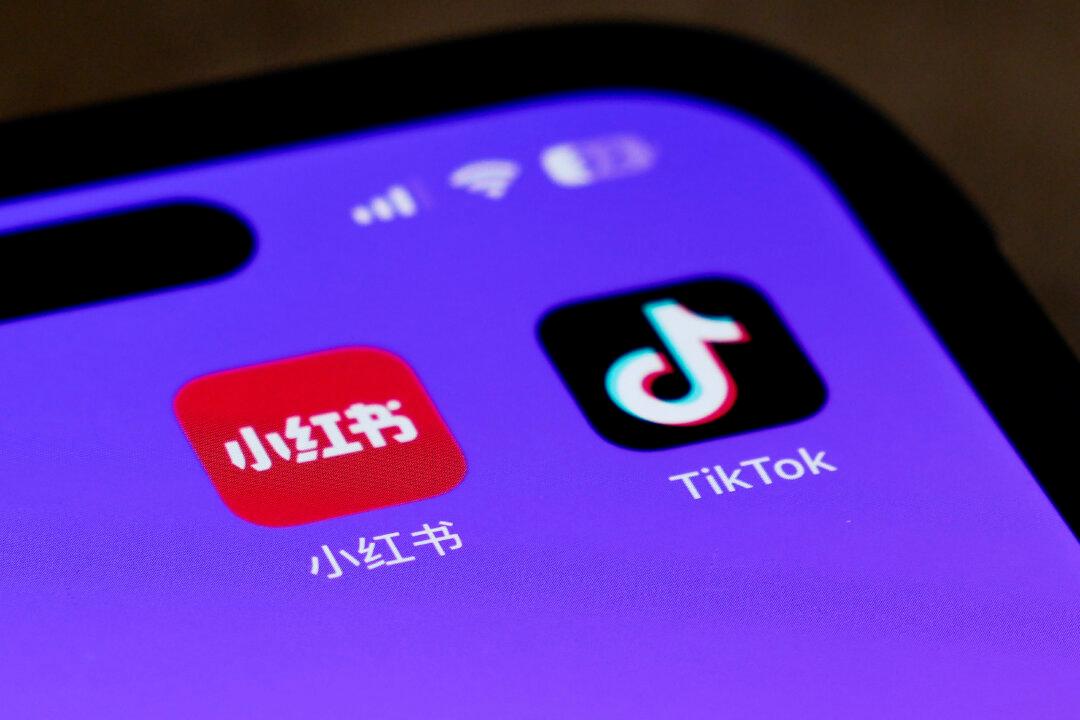Commentary
Millions of TikTokers are biting their well-polished nails, wondering whether President Donald Trump will really be able to work a deal so they can maintain access to the app. They do not seem to care much about TikTok being controlled by ByteDance, a company based in communist China.





